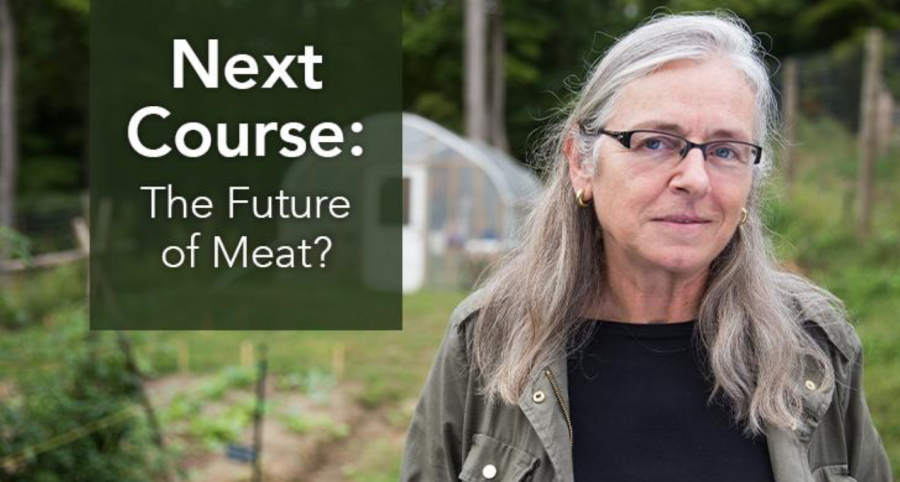Pace’s fourth annual resilience summit: the Future of Meat
Pace’s Dyson College of Arts and Sciences held its fourth resilience summit, “The Future of Meat,” to discuss what meat’s future looks like and its impact on the environment, ethics and health on Friday at the New York City campus.
The one-day long event, co-sponsored by Dartmouth College, was held at the New York City campus and was broadcasted live in the David Pecker lecture hall for interested Pleasantville students.
12 speakers attended the summit accompanied by three moderators. Various topics about meat’s future were discussed by scientists, writers and faculty members from Pace and other universities in the New York City area.
The summit focused on the relation between meat and climate change, ethical and health issues of advising eating less meat and how consumers could provide enough protein should they decide to eat less meat.
The event agenda consisted of five parts, starting with interviews by President Marvin Krislov. Panelists discussed relations between meat and climate change, consumption and the future of the protein, nutrition and consumer diets and the future role animals in the agricultural system.
The agenda’s first topic, Meat and Climate, focused on how livestock production and climate change relate and differ. The panelists discussed the relation between meat production and climate change and how a reduction of meat production could help the environment.
According to The Intergovernmental Panel on Climate Change (IPCC), the U.N. body for assessing climate change, expansions of areas under agriculture and forestry have contributed to increasing net greenhouse gas emissions.
In the second part, Consumer: Health, Right, and Animal Welfare, four speakers discussed the ethical and health consequences of advising to eat less meat in the second panel of the summit. Although less meat consumption helps to reduce climate change, advising not to eat meat could create ethical and health consequences. Meat consumption in the United States is high, the country is ranked second after China, according to National Geographic.
“The issue of meat production and consumption is an important environmental, health, and ethical issue for our society,” lecturer Len Mitchell said.
The event ended with a photo exhibition at the Pace University Art Gallery. The exhibition, “Digestive Systems,” displayed photos about food production and consumption.
Your donation supports independent, student-run journalism at Pace University. Support the Pace Chronicle to help cover publishing costs.

